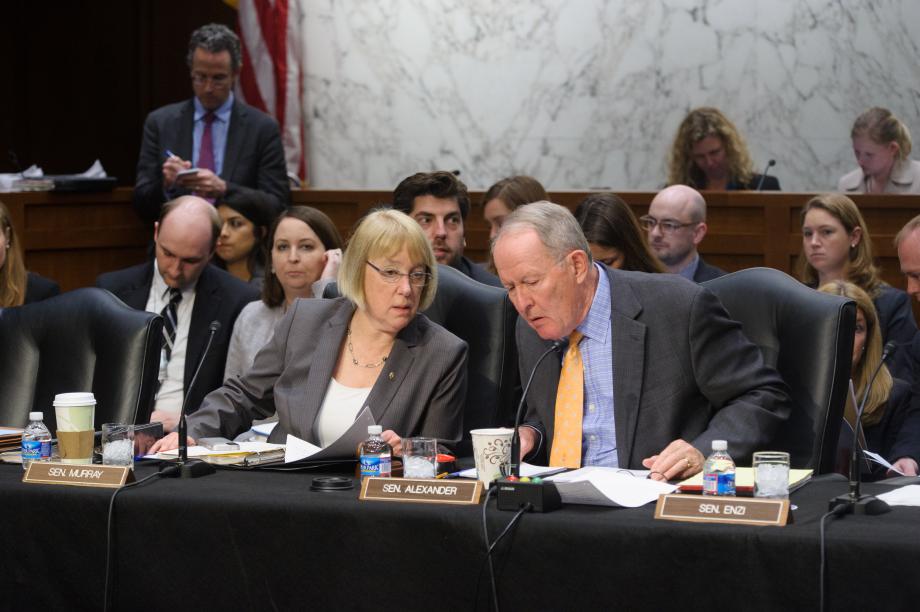Today, the White House issued a veto threat on two recently marked up House Appropriations bills. HR 2028 — Energy and Water Development and Related Agencies Appropriations Act, 2016 and HR 2029 – Military Construction and Veterans Affairs, and Related Agencies Appropriations Act, 2016.
The White House on Tuesday threatened to veto the FY16 Energy and Water Appropriations bill because it “drastically underfunds critical investments.” Republicans are developing FY16 spending bills under the 2011 Budget Control Act’s sequester-reduced spending caps but are providing extra funds for defense through the alternative account. In its statement, the White House also threatened to veto “any other legislation that implements the current Republican budget framework”; it has proposed rolling back sequestration for both defense and non-defense programs.
While a veto threat will not keep the House from considering the measures, it does complicate the funding bills’ futures. The House is expected to consider the FY16 Energy and Water Appropriations legislation for the bulk of the week.
